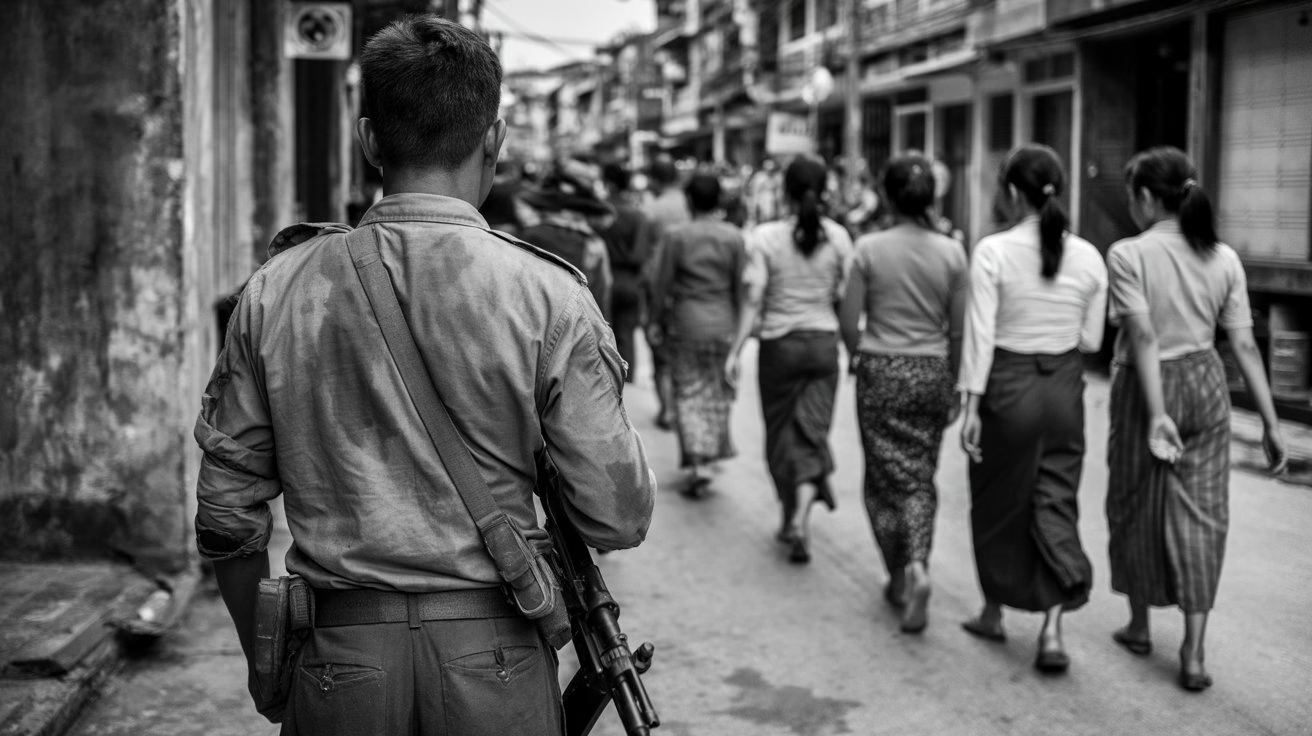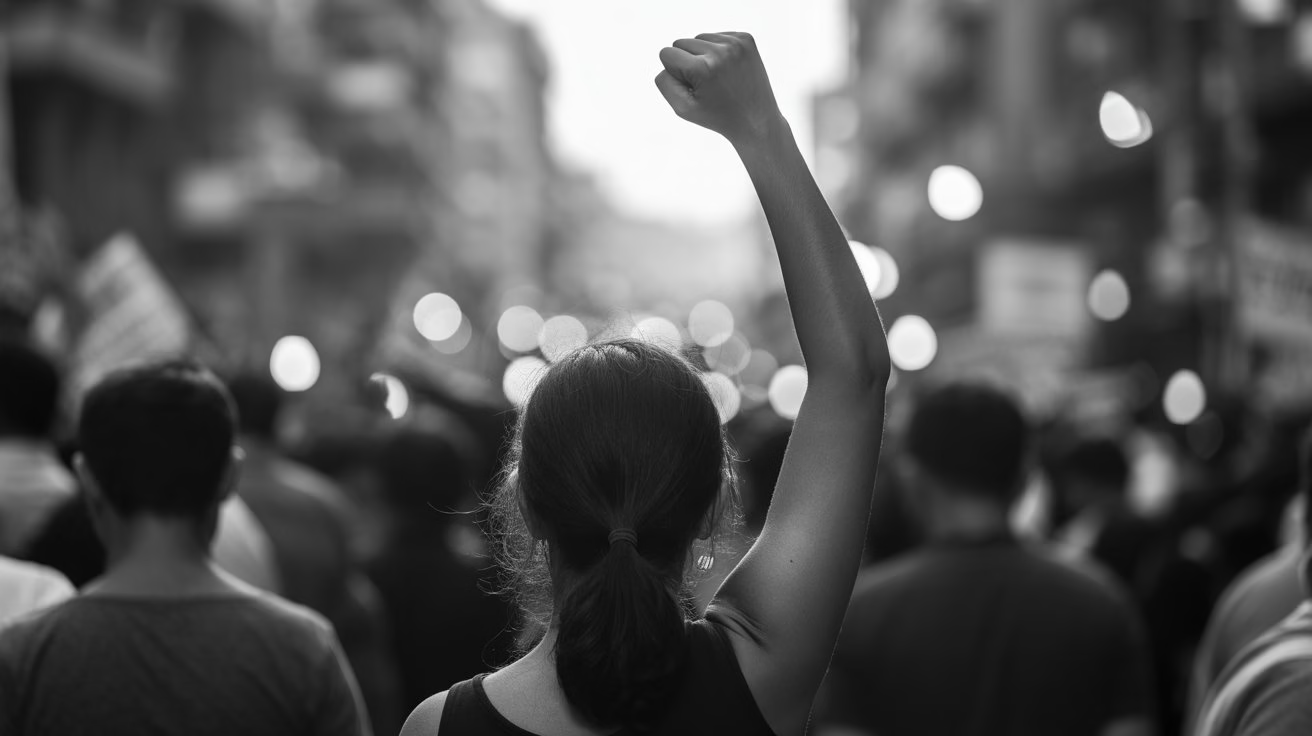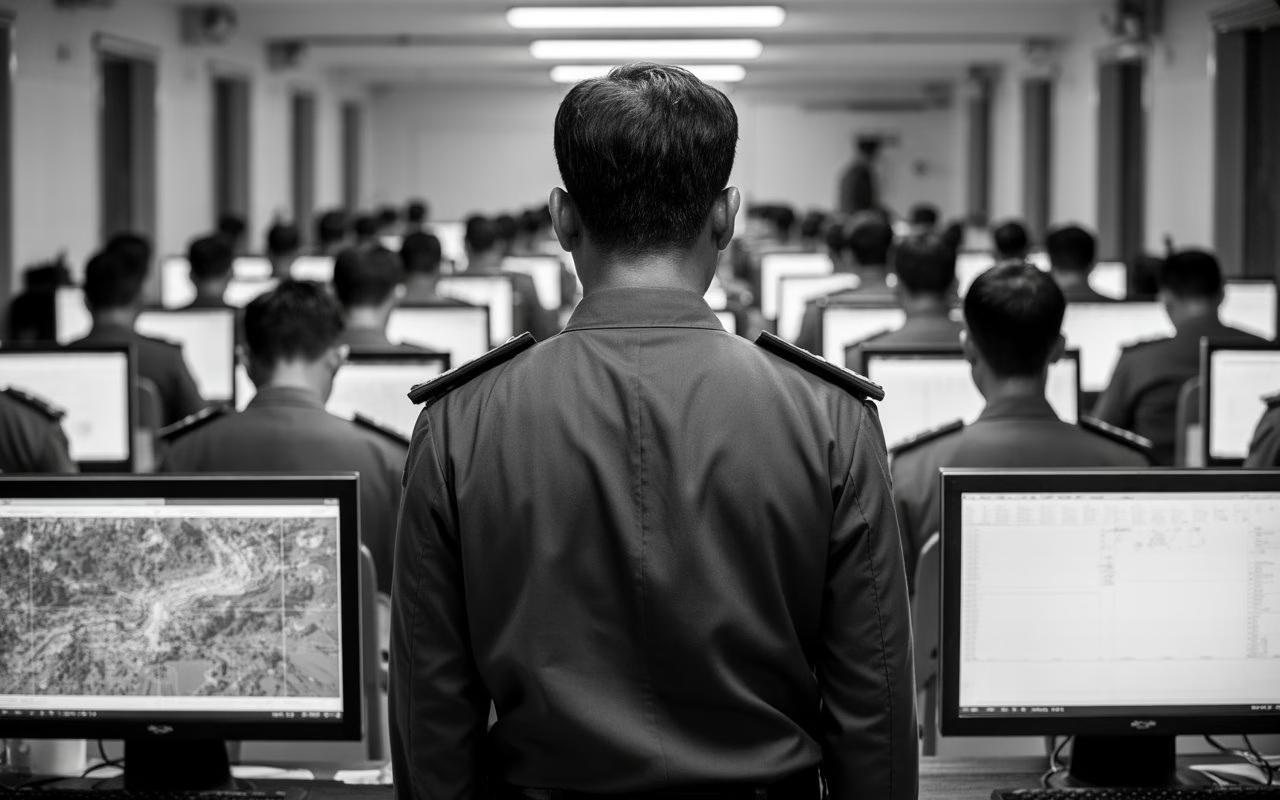Tag: Military coup
-

Military elections fail 5 key international standards
—
This report evaluates the 2026 Myanmar elections against international human rights law. The systematic audit across five legal pillars reveals a total collapse of international standards, characterised by State-sponsored coercion and structural disenfranchisement. This exercise was not a genuine election and the international community should make a principled rejection.
-

Myanmar’s human rights challenges for 2026
—
International Human Rights Day offers an opportunity to examine fundamental rights in Myanmar and reflect on what may happen next year, in 2026. But before looking to 2026, Human Rights Myanmar’s previous predictions for 2025 are reviewed against reality.
-

UN review of “terrorism” should recognise Myanmar’s experience of State terror
—
As the UN discusses the global definition of terrorism, Myanmar offers a crucial warning. Here, the State itself is the primary perpetrator of terror, yet it weaponises the law to label pro-democracy dissenters as “terrorists”. Our submission urges the UN to recognise this reality and prevent international laws from shielding State atrocities.
-

Gender equality, the digital space and AI in Myanmar
—
The military is waging a high-tech war on women. Pro-military online groups dox women, publishing their private data and calling for their arrest. This “dox-to-arrest” pipeline is backed by an expanding network of AI-powered facial recognition cameras, which enables the military to track women. This systematic campaign violates women’s fundamental human rights to privacy, freedom…
-

Civic aftershock: How restricting civil society obstructed Myanmar’s earthquake response
—
After six months of interviews and research, a new report explains how the military deliberately obstructed the 2025 earthquake response, exploiting the humanitarian crisis to suppress civic freedoms. ICNL’s comprehensive report, based on key informant interviews with earthquake respondents, details how the military weaponised laws, imposed a complex system of permissions, and blocked access to…
-

U.S. Congress Starlink investigation threatens internet access in Myanmar
—
A U.S. Congressional investigation into the use of Starlink by scam centres in Myanmar risks a blunt and disproportionate response that would further undermine the rights of a vulnerable population already suffering from repression, conflict, and poverty.
-

Predicting rights violations in Myanmar’s sham elections
—
The military’s 2025 election is a pre-scripted exercise in repression, designed to create a façade of legitimacy while violating fundamental human rights. A predictable blueprint of violations is unfolding, from eliminating political opposition and criminalising dissent to weaponising state media. The process will culminate in a fraudulent vote in a climate of fear, with ethnic…
-

Nepal, Bangladesh, and the hard road to human rights in Myanmar
—
Recent and rapid change among Myanmar’s neighbours has brought a moment of profound hope. In Bangladesh, a youth-led uprising has led to a new government headed by a Nobel laureate civil society leader. In Nepal, a similar youth-driven movement has appointed a bold anti-corruption judge as the first woman to lead an Asian country without…
-

Sweden ends development aid to Myanmar, abandoning media and civil society
—
Sweden will end all development aid to Myanmar from 2026, following the U.S. government. This includes $2.65 million per year for media and human rights groups. The shock decision, confirmed on 11 September 2025, is a profound blow to Myanmar’s civil society, human rights defenders, and independent media, severing a final and critical lifeline of…
-

Fourth draft Sagaing Constitution lacks fundamental rights
—
The fourth version of the draft Sagaing Constitution continues to mark a shift toward public participation and transparency in law-making and includes positive changes. However, significant human rights issues remain. Many essential civil and political rights are still missing, and new vague language has been introduced that could enable future violations.
-

Analysing 4 years of journalist detentions in post-coup Myanmar
—
The military detained 221 journalists from over 100 media outlets in the four years following the coup. Human Rights Myanmar assisted in the publication of ICNL’s comprehensive investigation into arrests, criminal proceedings, sentencing, and releases, highlighting specific rights violations. The report also examines the editorial positions of targeted media outlets and the distinct treatment of…
-

Privacy violations and discrimination in Myanmar
—
Since the 2021 coup, Myanmar’s military has weaponised digital tools to dismantle privacy and target marginalised groups. This submission to the UN High Commissioner documents discriminatory surveillance practices—such as data retention, SIM registration, VPN blocks, and facial recognition—and calls for urgent international action to expose, sanction, and end the military’s deliberate strategy of digital repression…
-

Disinformation as a weapon in Myanmar
—
Disinformation is a deliberate, state-sponsored tactic used to silence dissent, justify violence, and undermine human rights. Spread through military-controlled media and covert online networks, it distorts reality and fuels division. Harmful counter-measures often worsen repression, while weak responses from digital platforms allow falsehoods to thrive. Independent media and global cooperation are urgently needed to counter…
-

Military prevents reintegration of political prisoners
—
This report to the UN exposes the military’s deliberate policy of preventing the reintegration of political prisoners. Instead of rehabilitation, the military regime enforces surveillance, harassment, economic exclusion, and family disruption to keep former detainees marginalised and politically silenced. It calls for international accountability and support for independent reintegration efforts to counter the regime’s systematic…
-

Risks of creative AI in Myanmar
—
Global tech companies have repeatedly rolled out new digital applications in Myanmar without adequate due diligence, driving disinformation, hatred and enabling atrocity crimes. As AI now enables instant audio-visual creation, it is critical that companies adopt rigorous, rights-based safeguards to avoid repeating these errors.
-

Sex-based violence in Myanmar
—
Myanmar’s military systematically uses sex-based violence to subjugate women and girls, intensifying since the 2021 coup. At least 380 women have been intentionally targeted and killed, some burned alive or executed in custody, while over 500 have faced sexual violence, including rape. This deliberate strategy, rooted in patriarchy and militarisation, aims to silence dissent and…
-

Hundreds of older people victims of military violence
—
Older people in Myanmar are not spared from the conflict’s extreme violence. Since 2021, nearly 700 have been unlawfully killed. Military actions include horrific abuses like beheadings and being burned alive. Many, especially those with disabilities, are trapped and deliberately targeted. Alongside arbitrary detention of almost 500 and harsh sentences, these acts highlight a systematic assault. Urgent…
-

Military’s earthquake response: a crime against humanity?
—
The devastating 7.7-magnitude earthquake that struck Myanmar on 28 March has wrought widespread destruction and immense human suffering, made far worse by the military’s response, which may constitute another crime against humanity.
-

Journalists under attack for defending Myanmar’s environment
—
Myanmar journalists reporting on environmental degradation have faced systematic violence, arbitrary detention, and torture. Reporters investigating illegal mining, deforestation, and industrial pollution—vital to public health and democratic accountability—are deliberately targeted by the military and a manipulated justice system. This report highlights severe human rights abuses for the UN’s global review.


















